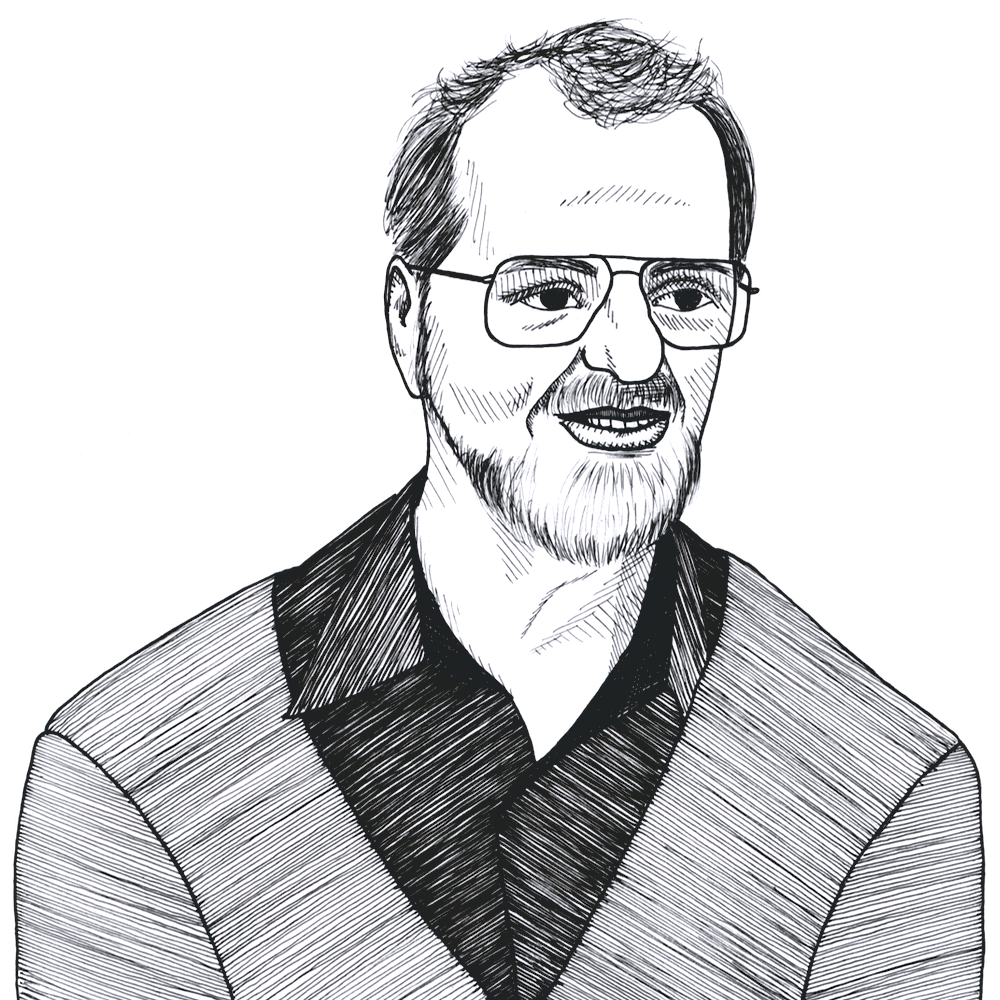
Paul Heyne on THE economic way of thinking (1995)
Found in: “Are Economists Basically Immoral?” and Other Essays on Economics, Ethics, and Religion
The economist Paul Heyne (1931-2000) believed that there was a unique “economic way of thinking” about the world which was based upon a handful of key insights which were not well understood by the general public:
Economics
Is it presumptuous to speak about the economic way of thinking? Aren’t there several economic ways of thinking? There are surely many ways to think about economic life, at least once we’ve decided exactly what we mean by “economic life” (which turns out not to be all that easy). But there is a particular perspective on human actions and interactions that regularly emerges when economists analyze the world that many economists recognize as uniquely the economic way of thinking. This article will try to explain and illustrate that way of thinking, with teachers of introductory economics especially in mind.
I like to summarize the economic way of thinking in a short sentence that states its basic assumption: All social phenomena emerge from the choices of individuals in response to expected benefits and costs to themselves.